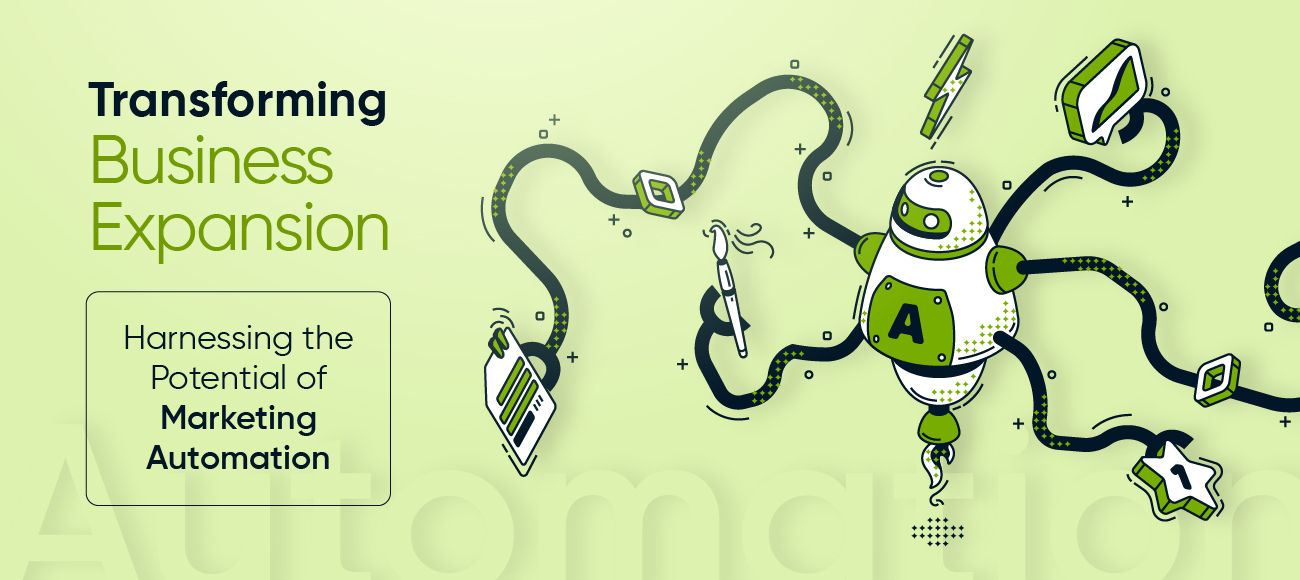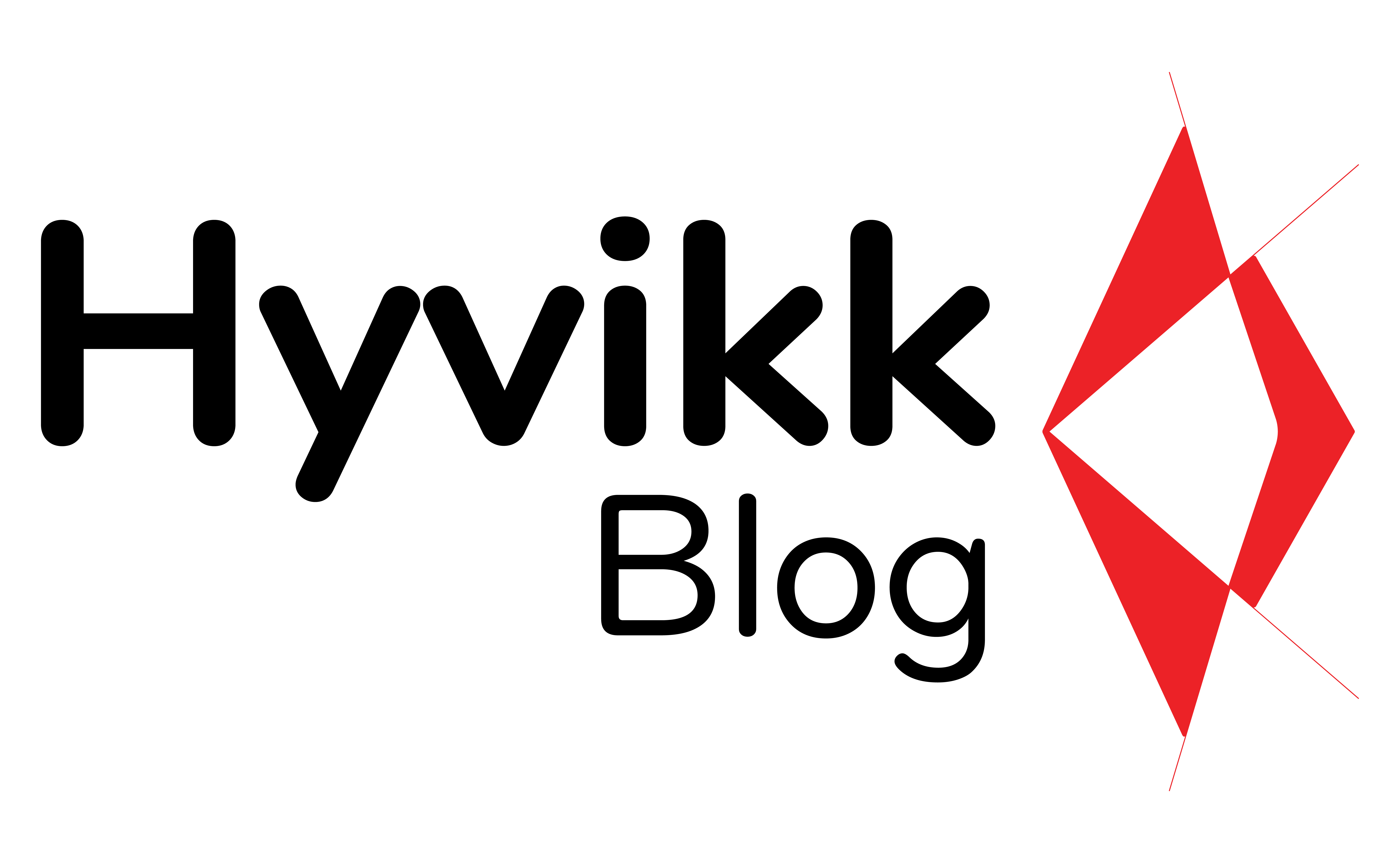
22 Feb Revolutionizing Business Growth: The Power of Marketing Automation
Introduction:
In the fast-paced and ever-evolving landscape of digital marketing, staying ahead of the curve is essential for businesses seeking sustained growth. One of the most transformative tools in the marketer’s arsenal is marketing automation. This technological marvel is not just a buzzword; it’s a strategic approach that can revolutionize the way businesses connect with their audience, streamline processes, and drive tangible results.
Understanding Marketing Automation:
Marketing automation is more than just a set of tools; it’s a holistic strategy aimed at automating and optimizing various marketing processes across multiple channels. From lead generation to customer retention, marketing automation empowers businesses to deliver personalized, timely, and relevant content to their target audience.
1. Lead Generation:
At the core of marketing automation is the ability to generate and nurture leads efficiently. Through automated workflows, businesses can identify and prioritize leads based on their behavior, interactions, and demographics. This not only saves time but also ensures that marketing efforts are focused on prospects with the highest likelihood of conversion.
2. Personalized Communication:
Gone are the days of generic mass emails that clutter inboxes. Marketing automation allows businesses to tailor their communication to individual preferences and behaviors. By analyzing data and user interactions, marketers can create highly personalized and targeted campaigns that resonate with their audience, fostering stronger connections and increasing engagement.
3. Multi-Channel Campaigns:
Marketing automation isn’t limited to a single channel. Whether it’s email, social media, or web campaigns, automation tools enable seamless integration across platforms. This ensures a consistent and cohesive brand message, maximizing the impact of marketing efforts across the entire customer journey.
The Benefits of Marketing Automation:
1. Efficiency and Time Savings:
One of the most significant advantages of marketing automation is the efficiency it brings to repetitive and time-consuming tasks. Automation tools can handle tasks like lead scoring, email campaigns, and social media posting, allowing marketing teams to focus on more strategic activities such as content creation and campaign optimization.
2. Improved Lead Management:
Marketing automation provides a centralized platform for lead management. By tracking and analyzing leads’ interactions with a brand, businesses can gain valuable insights into their preferences and behaviors. This information is crucial for creating targeted campaigns that move leads through the sales funnel more effectively.
3. Enhanced Customer Experience:
Personalization is the key to delivering an exceptional customer experience. Marketing automation enables businesses to deliver relevant content at the right time, creating a more personalized and engaging customer journey. This not only strengthens the relationship between the brand and the customer but also increases the likelihood of conversion and loyalty.
4. Data-Driven Decision Making:
Marketing automation generates a wealth of data that can be analyzed to make informed decisions. From tracking campaign performance to understanding customer behavior, the insights gained through automation tools empower marketers to refine their strategies continuously. This data-driven approach ensures that marketing efforts are aligned with business goals and deliver measurable results.
Overcoming Challenges with Marketing Automation:
While marketing automation offers numerous benefits, it’s essential to address potential challenges to maximize its effectiveness.
1. Integration:
Implementing marketing automation often involves integrating various tools and systems. Ensuring seamless integration with existing platforms is crucial to avoiding disruptions in workflows and data inconsistencies.
2. Content Quality:
Automation is only as effective as the content it delivers. Maintaining a focus on creating high-quality, relevant content is essential to keep the audience engaged. Automation should enhance the content creation process, not compromise its quality.
3. Continuous Learning:
The digital landscape evolves rapidly, and marketing automation is no exception. To stay ahead, marketers must invest in continuous learning and training to leverage the full potential of automation tools and adapt to industry trends.
Real-world Examples of Marketing Automation Success:
1. HubSpot:
HubSpot is a prime example of a comprehensive marketing automation platform. From lead generation to customer relationship management (CRM), HubSpot provides an all-in-one solution that enables businesses to streamline their marketing efforts seamlessly. The platform’s automation features help nurture leads, automate email campaigns, and track customer interactions for more effective engagement.
2. Amazon:
Amazon, the e-commerce giant, uses marketing automation to deliver personalized recommendations based on customers’ browsing and purchasing history. By analyzing vast amounts of data, Amazon’s automation algorithms create a tailored shopping experience, increasing the likelihood of repeat purchases and customer loyalty.
3. Spotify:
Music streaming service Spotify leverages marketing automation to deliver personalized playlists and recommendations to its users. By analyzing listening habits, preferences, and user data, Spotify’s automation algorithms curate customized content that keeps users engaged and encourages them to explore new music.
The Future of Marketing Automation:
As technology continues to advance, the future of marketing automation holds even greater possibilities. Artificial intelligence (AI) and machine learning are becoming integral components of automation, allowing for more sophisticated data analysis, predictive analytics, and further customization of marketing strategies.
1. AI-Powered Predictive Analytics:
The integration of AI in marketing automation will enable businesses to predict customer behavior more accurately. By analyzing historical data and user interactions, AI algorithms can forecast trends, helping marketers proactively adjust their strategies for maximum impact.
2. Hyper-Personalization:
The future of marketing automation lies in hyper-personalization, where every interaction is tailored to an individual’s preferences and behavior. Advanced automation tools will use AI to understand and predict customer needs, delivering highly personalized content and experiences.
3. Cross-Channel Integration:
The future of marketing automation is likely to see even greater integration across various marketing channels. Seamless communication and consistent messaging across channels will become standard practice, providing a unified and immersive experience for the audience.
Conclusion:
Marketing automation has evolved from a simple set of tools to a transformative strategy that empowers businesses to connect with their audience in a more personalized and efficient manner. From lead generation to customer retention, automation tools streamline processes, save time, and enhance the overall customer experience. As we look to the future, the integration of AI, predictive analytics, and hyper-personalization will further elevate the capabilities of marketing automation, ensuring its continued relevance in the ever-changing landscape of digital marketing. Businesses that embrace and harness the power of marketing automation are poised not only to survive but to thrive in the dynamic and competitive world of modern marketing.

Sorry, the comment form is closed at this time.